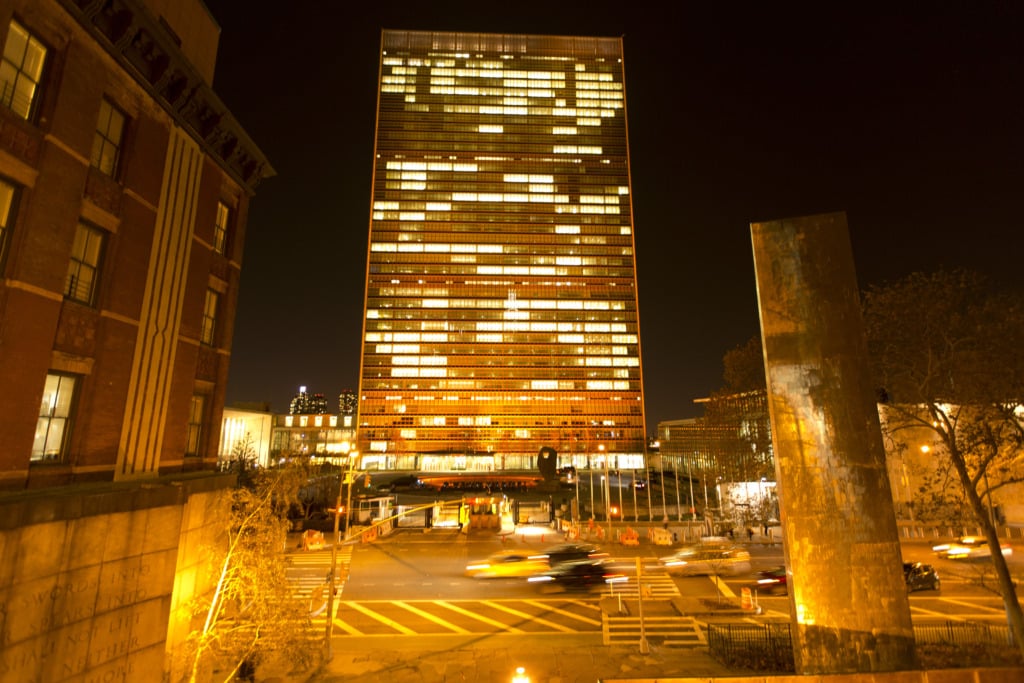TVPRA Claims Against Neil Gaiman
Claims brought under the Trafficking Victims Protection Reauthorization Act (TVPRA) don’t often make headlines. But those filed on February 3, 2025 against British author Neil Gaiman and his American wife Amanda Palmer (who are divorcing) are an exception. Scarlett Pavlovich, who worked for three weeks as a live-in nanny for the couple, alleges that Gaiman…
Continue ReadingApplying the TVPRA to Foreign Websites
The facts of Doe v. WebGroup Czech Republic are horrific. The complaint alleges that a U.S. citizen, fourteen years old, was filmed being raped, repeatedly, in the United States. Videos of the assaults were uploaded to foreign pornography websites, from which they were then viewed tens of thousands of times in the United States. Are…
Continue ReadingD.C. Circuit Defines “Venture” Under the TVPRA
On March 5, 2024, the D.C. Circuit issued its long-awaited opinion in Doe v. Apple, a suit against U.S. tech companies seeking to hold them liable under the Trafficking Victims Protection Reauthorization Act (TVPRA) for forced labor and human trafficking used to mine cobalt in the Democratic Republic of the Congo (DRC). (Disclosure: I joined…
Continue ReadingCongress Amends the TVPRA to Correct Ninth Circuit’s Erroneous Ruling in Ratha
Last year, in Ratha v. Phatthana Seafood, the Ninth Circuit held that civil liability under the Trafficking Victims Protection Reauthorization Act (TVPRA) does not extend to those who attempt to benefit from forced labor. After the court denied en banc review, the Human Trafficking Legal Center and other human and workers’ rights organizations asked Congress…
Continue ReadingOral Argument in Doe v. Apple
Last week, the D.C. Circuit heard oral argument in Doe v. Apple, a case brought by victims of forced labor and human trafficking against five U.S. technology companies. The plaintiffs are children or family members of children who were injured or killed mining cobalt in the Democratic Republic of the Congo. The defendants—Apple, Alphabet, Microsoft,…
Continue ReadingCert Petition Raises Personal Jurisdiction Question in Context of the TVPRA
The Trafficking Victims Protection Reauthorization Act (TVPRA) explicitly authorizes extraterritorial application to six predicate offenses (18 U.S.C. § 1596) and creates a private right of action (18 U.S.C. § 1595). Assuming without deciding that § 1595’s civil remedy extends extraterritorially to the same extent as those six predicate offenses, the Ninth Circuit in Ratha v….
Continue ReadingSDNY Rejects Immunity for Former Diplomat in Trafficking Case
To ensure that diplomats can perform their functions without harassment, international law grants them broad immunity from the criminal and civil jurisdiction of the state to which they are accredited. Unfortunately, some diplomats seem to treat such immunity as a license to abuse their domestic servants. Earlier this year, Ingrid (Wuerth) Brunk reported on a…
Continue ReadingDoes the TVPRA Apply Extraterritorially? Thoughts on the U.S. Chamber of Commerce Amicus Brief in Doe v. Apple
As the U.S. Supreme Court has repeatedly limited the scope of the implied cause of action under the Alien Tort Statute (ATS), victims of human rights abuses have looked to other U.S. statutes for remedies. One of these is the Trafficking Victims Protection Reauthorization Act (TVPRA), which creates a civil remedy against perpetrators and others…
Continue ReadingHas the Alien Tort Statute Made a Difference?
In a globalized and interconnected world, human rights litigation has, by necessity, become transnational. For decades, the Alien Tort Statute (ATS) was viewed as a beacon of American justice for foreign victims of human rights violations. However, a series of Supreme Court decisions—most recently the paired cases of Nestlé USA, Inc. v. Doe and Cargill,…
Continue ReadingA Primer on Human Rights Litigation
Modern human rights law developed in response to the events of the World War II, although it has earlier precursors. In 1948, the U.N. General Assembly adopted the Universal Declaration of Human Rights, a non-binding declaration. More than seventy human rights treaties followed, including the Genocide Convention, the International Covenant on Civil and Political Rights,…
Continue Reading







